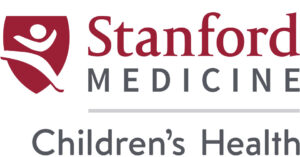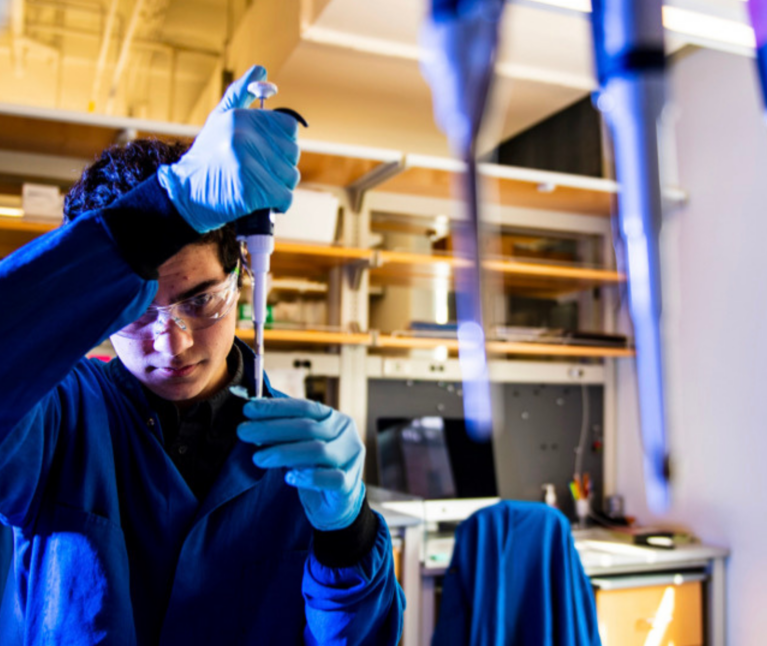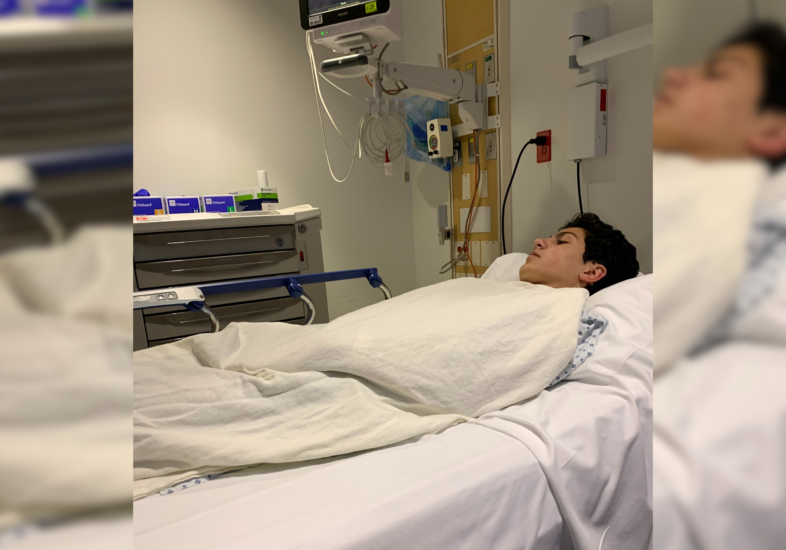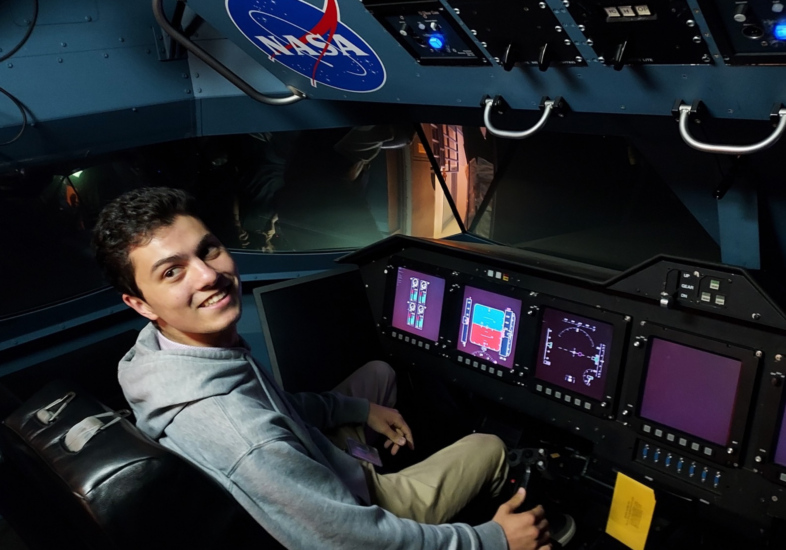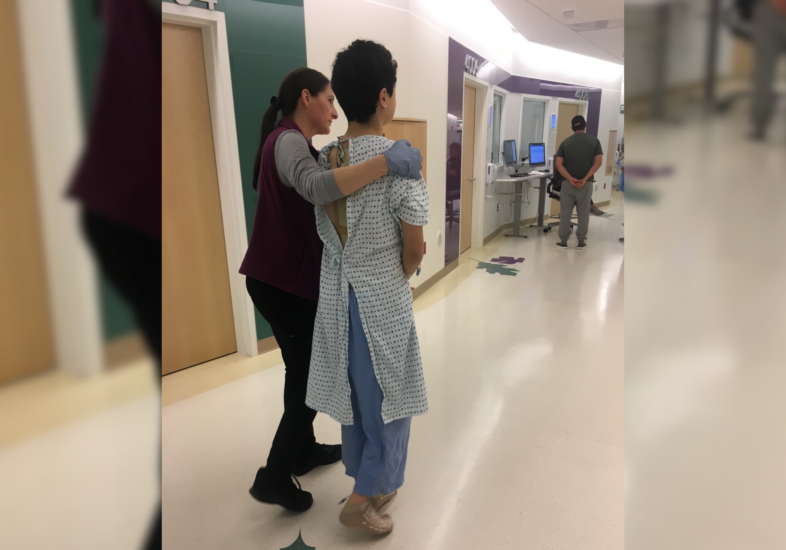Twenty-year-old Dillon Nishigaya of San Jose grew up surrounded by doctors and medicine. Born with a vascular anomaly on his chest and back, Dillon was often in pain. He had trouble sleeping and, sometimes, even breathing.
Later, scoliosis surgery done at Lucile Packard Children’s Hospital Stanford corrected a curvature of his spine—thanks to rods and 18 screws—but there was no solution for his blood vessel problems.
“My entire life, I’ve been told that there is not enough research and no cure,” Dillon says.
Incredibly, Dillon never lost hope, and has used his childhood experiences to propel his life forward to make a difference for others with life-threatening conditions. He says his longtime Packard Children’s Hospital hematologist, Michael Jeng, MD, has been an invaluable role model and cheerleader.
“Dr. Jeng has been my biggest inspiration and empowers me to follow my dreams of going to medical school and conducting research and patient care for those affected by incurable diseases and malformations,” Dillon says.
After arriving in Boston for his freshman year at Northeastern University, Dillon dove into his biology classes. A professor heard Dillon’s passion shine through during one conversation and encouraged Dillon to get involved in scientific research happening on campus.
Even as an undergraduate, Dillon shone in the lab. He was the youngest research assistant and began to write papers on links between breast cancer and food preservatives. His studies on chemotherapy-resistant ovarian cancer cells won awards. Through it all, Dillon balanced research with his classes and served as a leader among his peers. He paved a path for others to follow.
“Pushing others to pursue their dreams of changing the world through research inspired me to create a club at Northeastern, The Undergraduate Research Club,” he says. “I want to help others with burning aspirations to enter the research field and make discoveries.”
Dillon’s research successes earned him a summer position at a Bay Area biotech company that manufactures cells used in cancer treatments, including at Packard Children’s, the same hospital that cared for Dillon throughout his childhood. And this summer, Dillon completed an internship at the NASA Ames Research Center where he was a research associate conducting space biology research and a program leader and mentor for 10 undergraduates.
“I have dedicated my life to finding tomorrow’s cures for people who face life-threatening incurable diseases. I cannot imagine a more fulfilling purpose than creating hope and being the change for others that I have wished for in my life,” Dillon says.
We couldn’t agree more.
Thank you, Dillon, for your commitment to research, and to our donors who not only support life-changing studies, but who also support children in our care with big hopes and dreams for the future.
